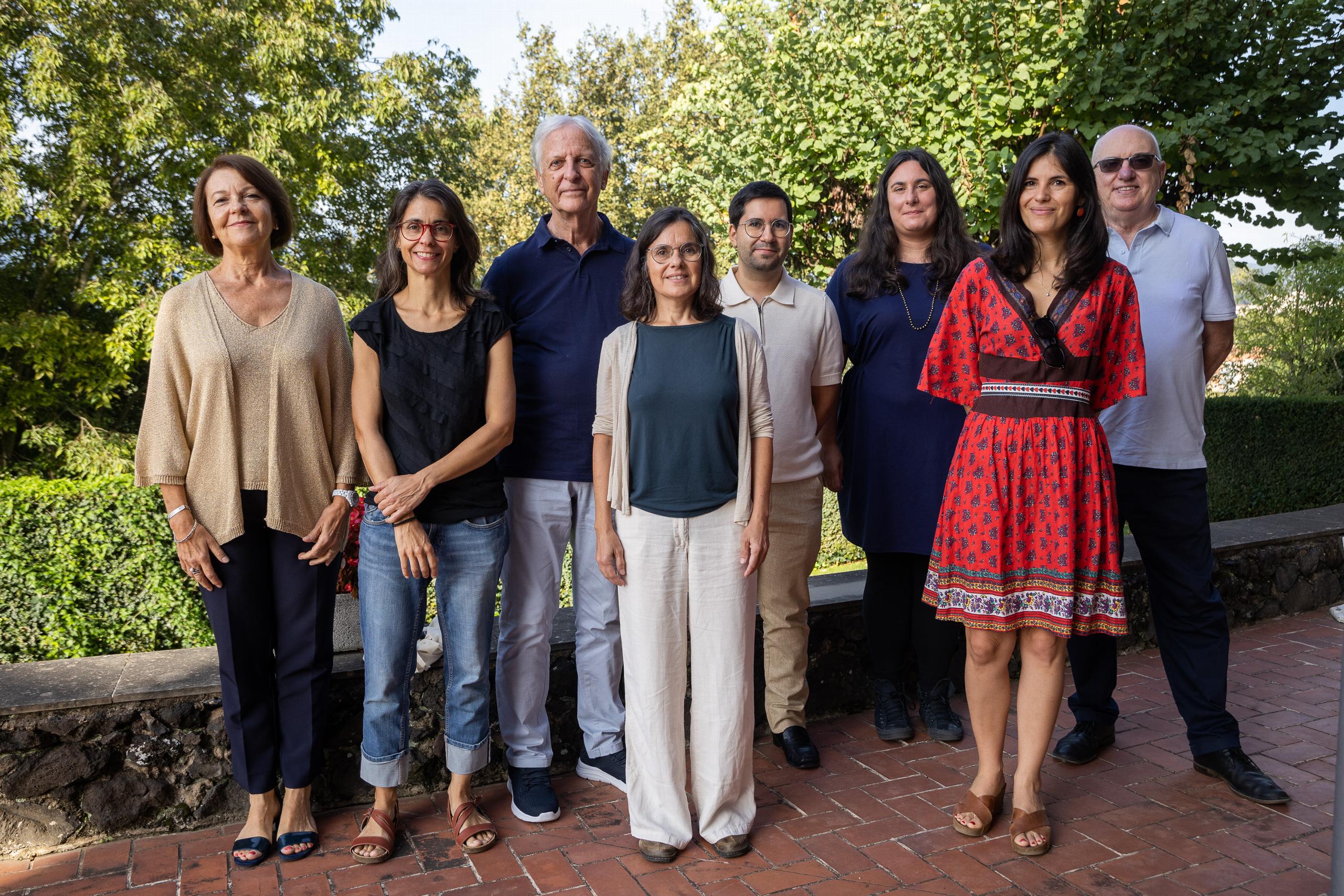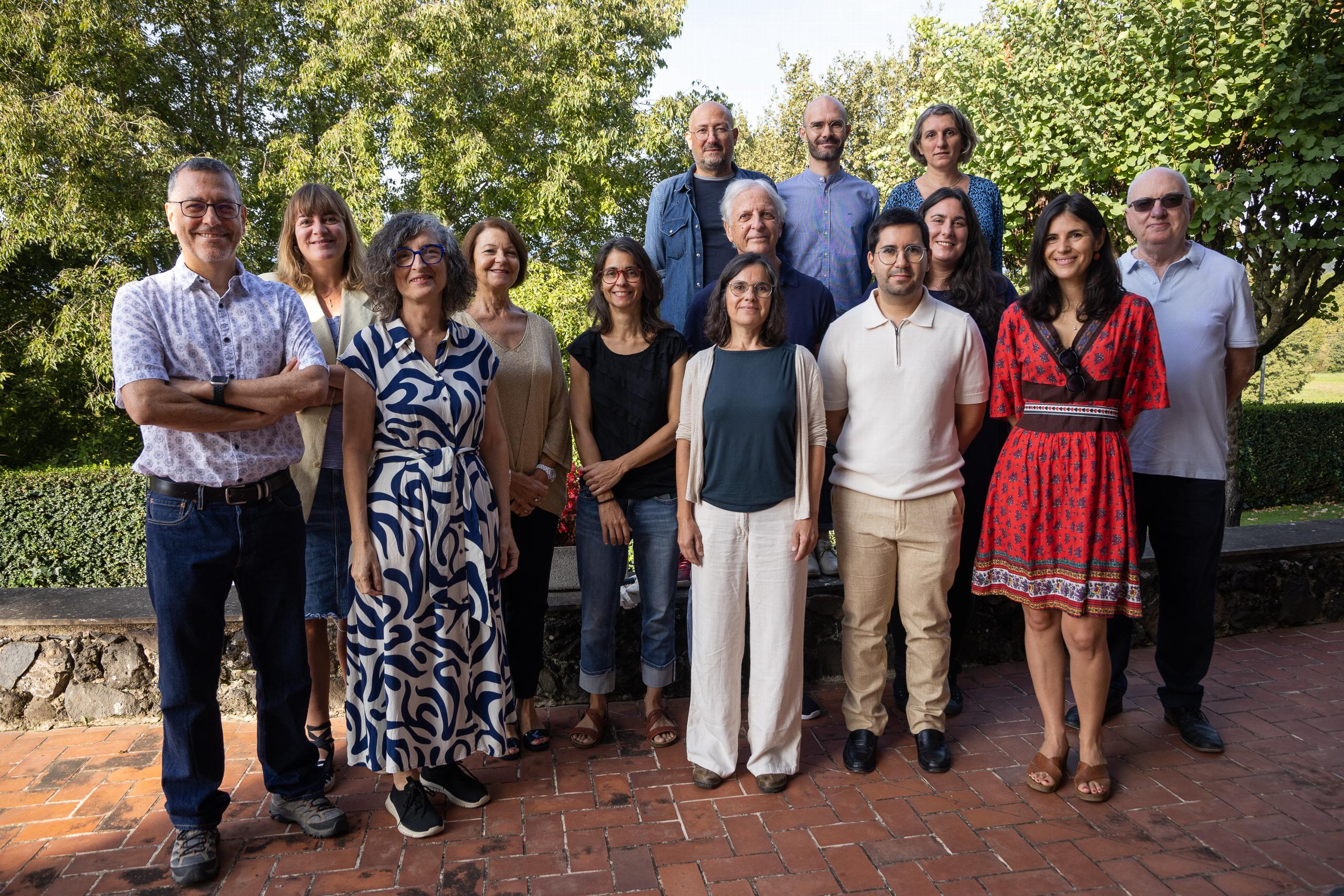The Faberllull residence will host the first meeting of the international associations of Catalan Studies, which will take place from 16 to 19 September. Representatives from the Anglo-Catalan Society (United Kingdom and Ireland), the Association Française des Catalanistes (France), the Associazione Italiana di Studi Catalani (Italy), the Deutscher Katalanistenverband (Germany, Austria, and Switzerland), and the North American Catalan Society (United States and Canada) will participate. Also present will be the Associació Internacional de Llengua i Literatura Catalanes (AILLC), the Associació de Joves Investigadors en Llengua i Literatura Catalanes (AJILLC), and the Societat d’Ensenyament i Recerca del Català com a Llengua Estrangera (SERCLE).
During their stay in Olot, the participants will explore the role of the associations as entities that articulate and stimulate Catalan Studies in their respective territories or fields of expertise. They will also share projects and examine the principal challenges facing the Humanities and Modern Languages, with the aim of formulating shared strategies among the associations and in collaboration with the Institut Ramon Llull, to help build a global network of researchers in Catalan Studies. Finally, they will strengthen their coordination mechanisms and identify new opportunities for collaboration among themselves and with the Institut Ramon Llull, in order to ensure the continuity and global presence of Catalan Studies.
Programme of Activities
The stay commences on Tuesday, 16 September in the afternoon, with examples of good practice presented by the various associations, as well as a lecture by Teresa Cabré, President of the Institut d’Estudis Catalans.
On Wednesday, there will be a debate on the position of Catalan Studies within the organisation of fields of knowledge in different university systems. There will also be an in-depth discussion on the relationship between the Catalan Studies associations and major international disciplinary associations.
On Thursday morning, the working sessions focus on support for research and the professionalisation of students. In addition, attention will be given to the most effective means for these associations to coordinate with the Institut Ramon Llull.
On Thursday at 7 p.m., the participants will lead a public event at the headquarters of Òmnium Garrotxa in Olot. In an open dialogue with the public, they will reflect on the dangers and opportunities facing the Catalan language globally, how it is perceived from abroad, and the role it should play in a globalised world.
The meeting concludes on Friday morning with several working sessions at the headquarters of the Institut Ramon Llull in Barcelona. Laura Santamaria, Vice-Rector for Culture and Language Policy, will deliver an address. Furthermore, the participants will debate the flows and interactions of researchers and teaching staff within and beyond the Catalan linguistic domain. By way of conclusion, the findings of the meeting will be presented.
The Associations of Catalan Studies
The international associations of Catalan Studies are a cornerstone in the development and organisation of the discipline abroad. Established from the 1950s onwards with the foundation of the Anglo-Catalan Society—and now present in the United Kingdom and Ireland, France, the United States and Canada, Italy, and Germany, Austria, and Switzerland—these institutions are key agents in the promotion of Catalan Studies across multiple countries.
Their congresses and colloquia provide a forum for specialists to share their research on the language, literature, arts, culture, and society of the Catalan-speaking territories. These gatherings also offer opportunities for social interaction, especially among students and early-career researchers, who are thereby integrated into the academic community of Catalan Studies.
The journals and book series published by the associations play a vital role in disseminating research findings. In addition to safeguarding the discipline in each country and maintaining relations with national academic authorities, the associations of Catalan Studies also serve as recognised interlocutors of the Institut Ramon Llull—the official body responsible for the international promotion of the Catalan language and culture in higher education—which supports their activities.








